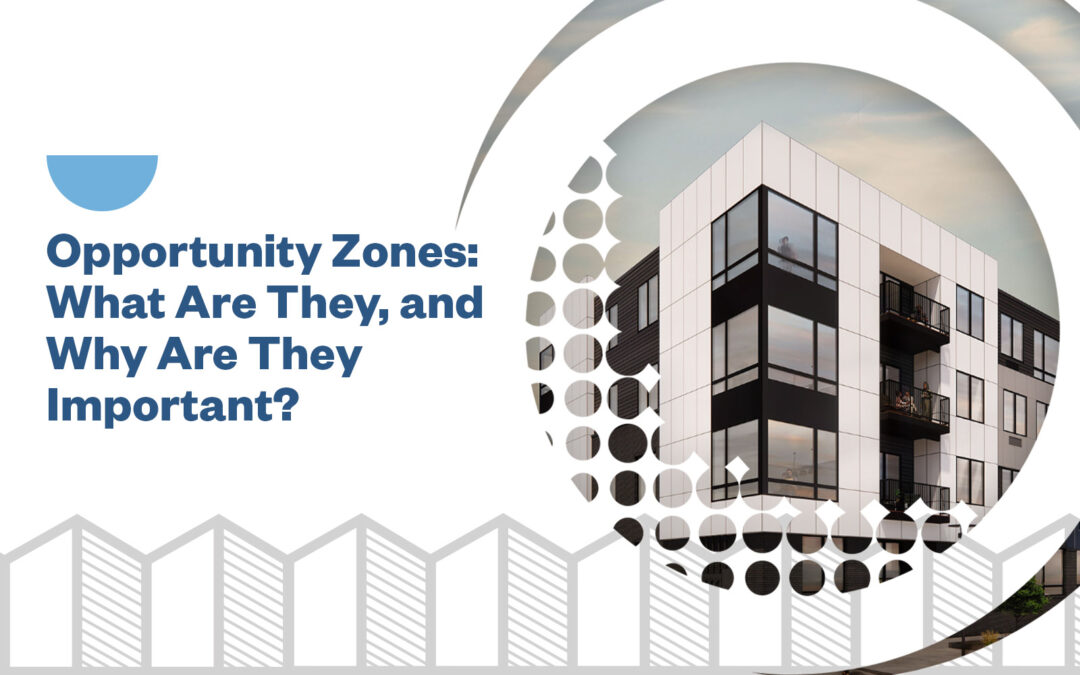In an effort to foster economic development and revitalize distressed communities, the U.S. government introduced an initiative known as Opportunity Zones in 2017. Opportunity Zones are economically disadvantaged areas identified by state governments. The aim is to attract private investment by offering substantial tax incentives to investors who fund businesses and projects within these zones. In this blog, we discuss a few advantages to Opportunity Zones:
Tax Advantages:
One of the main reasons why Opportunity Zones are so appealing to investors is the tax benefits they provide. Investors can defer capital gains taxes by reinvesting those gains in qualified Opportunity Zone projects. Additionally, if the investment is held for at least ten years, any appreciation on the Opportunity Zone investment becomes tax-free.
Economic Growth and Job Creation:
Investment in distressed communities has the power to spur economic growth and create job opportunities. With increased investment, businesses can emerge or expand, leading to an upsurge in employment prospects for residents.
Community Development:
Opportunity Zones are designed to address the specific needs of each community. The investment projects undertaken within these zones can vary widely, including real estate development, infrastructure improvements, and renewable energy projects. Such investments contribute to the overall improvement of the community’s quality of life, providing better housing options, enhanced transportation networks, and access to essential services.
Conclusion:
Opportunity Zones have emerged as a powerful tool to unlock the potential of distressed communities, providing a win-win situation for investors and residents. Metonic is proud to be utilizing an Opportunity Zone with an upcoming development, Square Apartments, in midtown Omaha. To learn more about Metonic, visit us at Metonic.net or email us at info@metonic.net.

